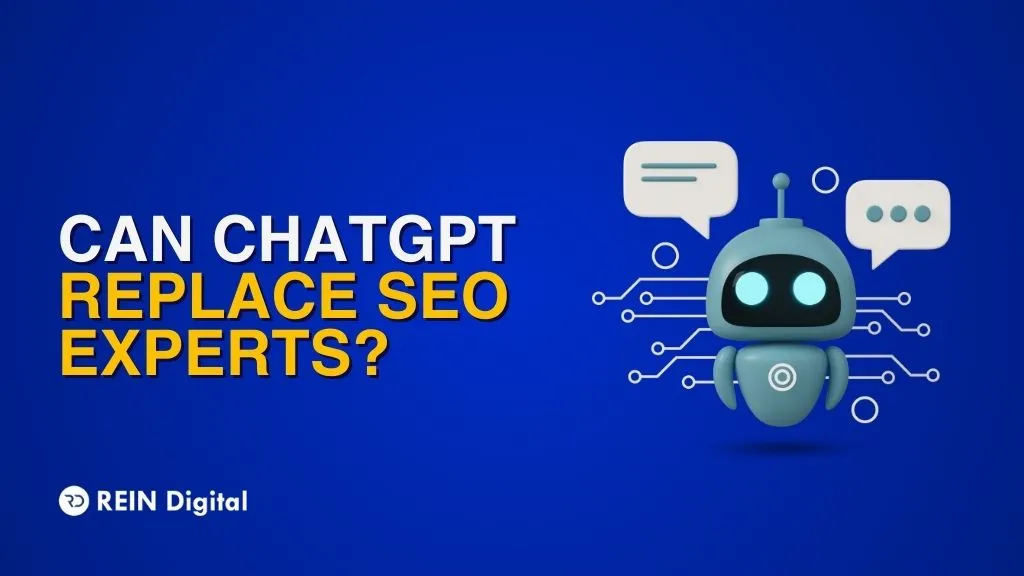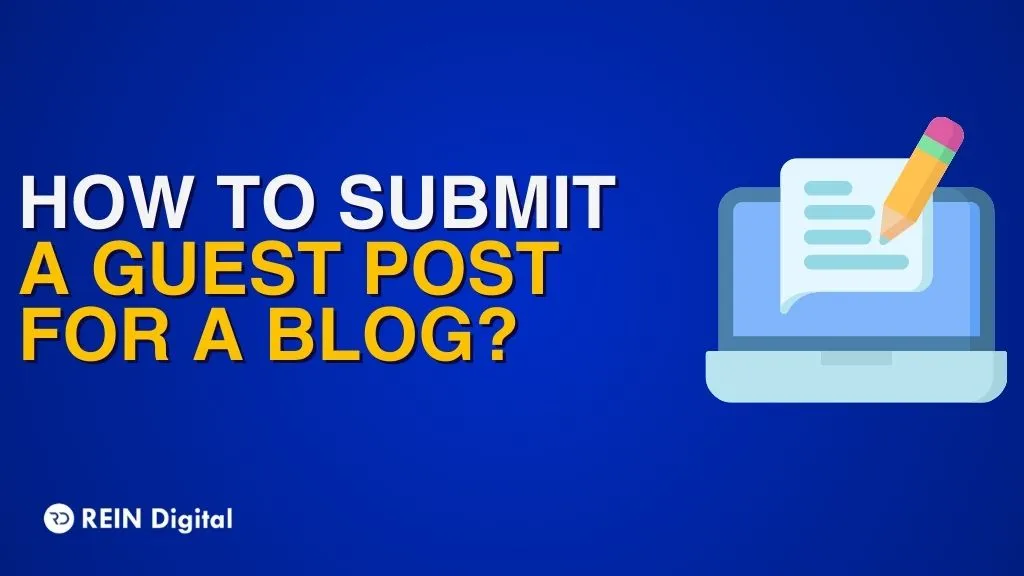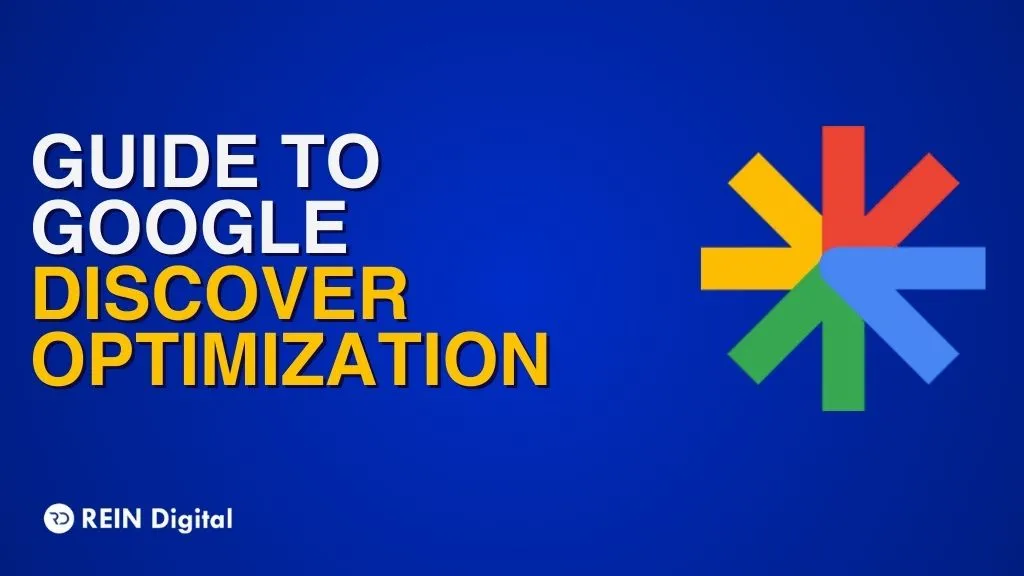
It is no longer only in the realm of sci-fi movies; artificial intelligence is literally at your fingertips, in your phone, your emails, your fridge (yes, there is such a thing as a smart fridge), and most recently, your SEO strategy. As AI tools have recently exploded, it has made a lot of marketers start thinking, Is ChatGPT replacing SEO professionals? Here is a pinch of reality and a large dose of SEO expertise.
The Rise of AI and ChatGPT in SEO
Machine learning SEO has changed the method in keyword research, content optimisation, and user intention in the last few years. ChatGPT, a state-of-the-art AI model, not only can come up with keyword ideas and create content skeletons but also write entire blog posts as fast as you can utter the words Google algorithm update.
The ChatGPT impact on SEO has been twofold:
- Efficiency Boost: AI speeds up tedious tasks like drafting product descriptions or brainstorming blog topics.
- Creative Companion: It can suggest SEO-friendly headlines, meta descriptions, and even internal linking strategies.
But before we send all SEO experts on a permanent vacation, let’s explore the pros and cons.
Pros of Using ChatGPT for SEO
- Time Efficiency
ChatGPT can spit out a 1,500-word article quicker than you can pour your cup of morning coffee. Work such as creating FAQs, refining content and rewording for clarity is a doddle.
- Cost-Effective
For small businesses, hiring a full SEO team can be expensive. Using Chat GPT for SEO can reduce costs while maintaining consistent content output.
- Scalable Content Production
Need 20 blog posts by the end of the week? ChatGPT won’t complain, need lunch breaks, or mysteriously “work from home” without Wi-Fi.
- Data-Driven Insights
When combined with analytics tools, ChatGPT can help interpret trends and user behaviour, making machine learning in SEO feel like magic.
- 24/7 Availability
No sick leaves. No Mondays. Just pure, always-on SEO assistance.
Cons of Using ChatGPT for SEO
- Lack of True Human Insight
ChatGPT is genius, but not gut-based. It will be able to recommend a keyword approach, but lacks the “I have seen Google do this many times before” experience that an SEO gun will provide.
- Potential for Generic Content
If not guided well, AI can produce safe but bland content – the SEO equivalent of unsalted popcorn.
- Limited Understanding of Brand Voice
While you can train AI to mimic tone, it still struggles to match the nuanced, emotion-driven approach of a seasoned copywriter.
- Over-Reliance Risk
Companies might become too reliant on AI and overlook the fact that SEO does not only lie in keywords, but also in systematic link building, technical inspection, and competitor research.
- AI Doesn’t Keep Up with All Algorithm Nuances
Algorithms by search engines keep changing. Machine learning in SEO enables people to forecast trends, but it cannot match the experience and instincts of a human.
Can ChatGPT and SEO Experts Coexist?
Absolutely. Here, it is not about ChatGPT versus the SEO expert but about ChatGPT + the SEO expert. AI will take over tedious, time-consuming tasks, leaving experts with more time to focus on business strategy, technical SEO, and brand positioning.
The most intelligent agencies and companies are adding Chat GPT to their processes in the form of an SEO assistant, not as an alternative to it.
Rein Digital
Rein Digital is an innovative digital-based agency that combines creativity, strategy and technology in order to drive growth. They have competencies in SEO and content marketing and data-driven campaigns and utilise tools such as ChatGPT, but where a human touch in intuitive dominance.
The Bottom Line
ChatGPT is definitely going to have an influence on SEO. It is fast, scalable and saves cost, but it does not come with a human touch that makes SEO campaigns work. It is not that in the future AI will displace SEO professionals, but the former will enable the latter.














